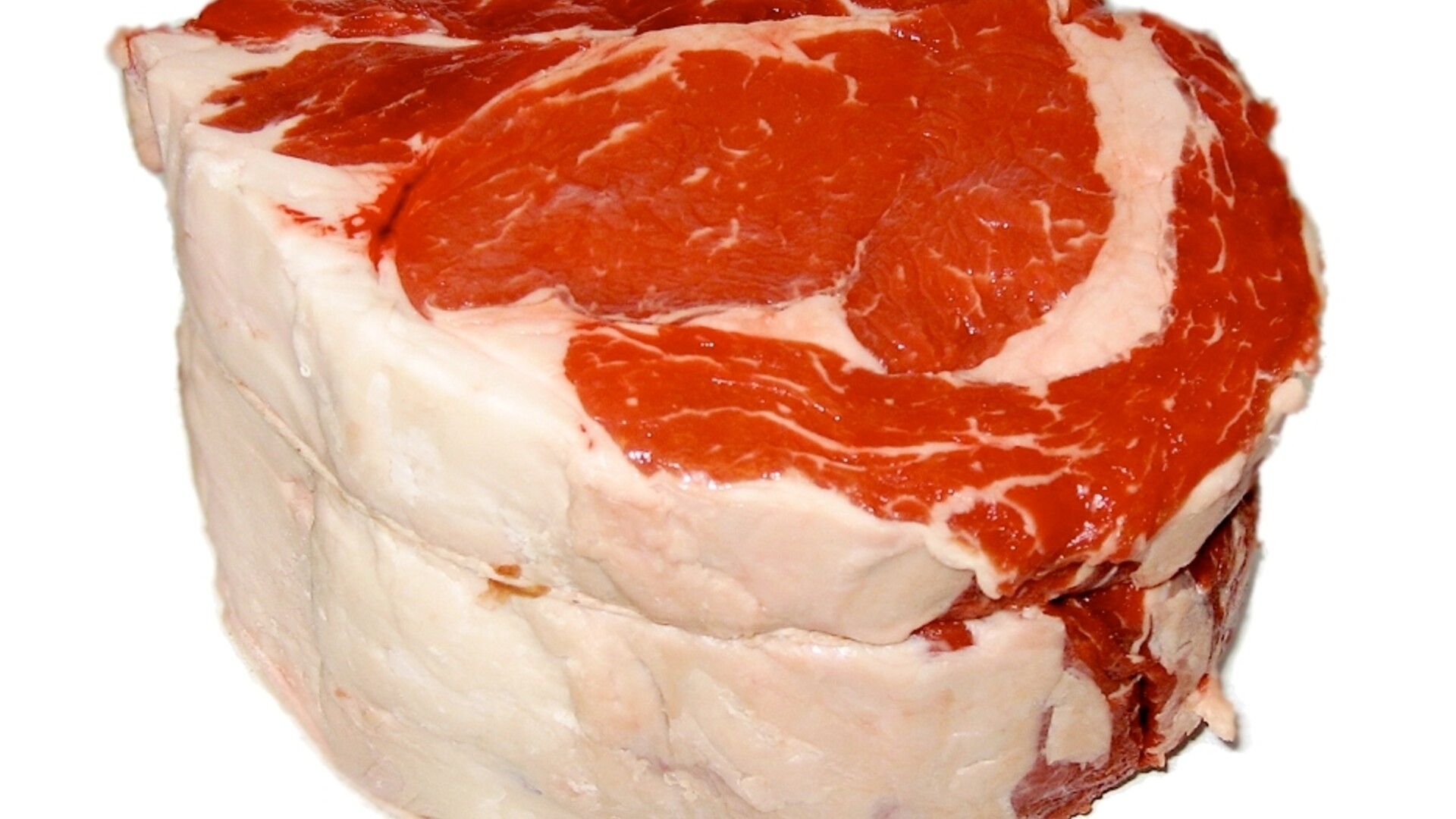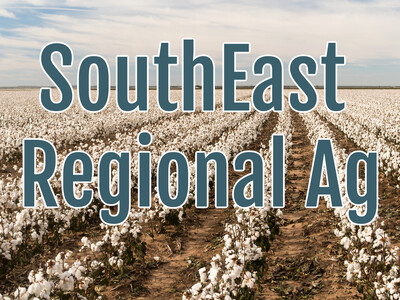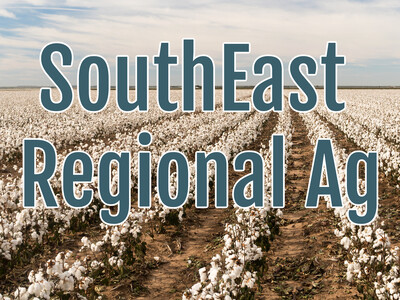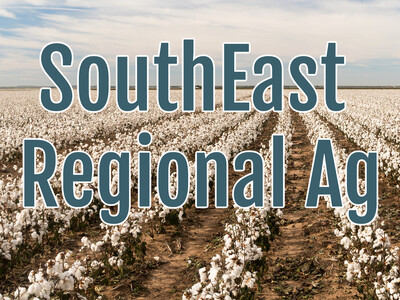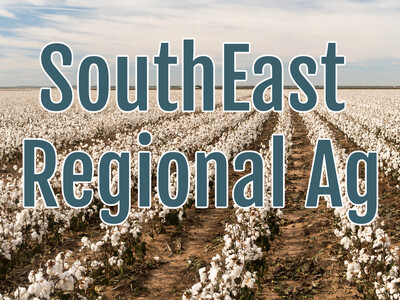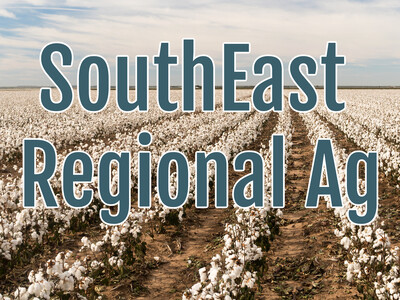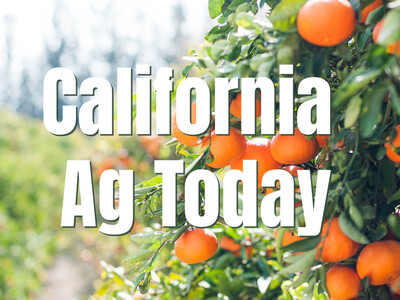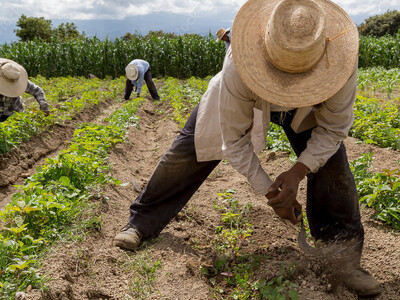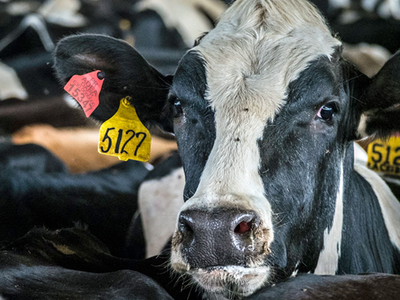Mandatory COOL for Beef? Mexico and Canada Respond
With your Southeast Regional Ag News, I’m Haylie Shipp.Country of Origin Labeling (COOL going by the acronym) is a labeling law that requires retailers, such as full-line grocery stores, supermarkets and club warehouse stores, to notify their customers with information regarding the source of certain foods.
Certain foods. We’ll get into what is and isn’t labeled towards the end of the program. But how “cool” is Country of Origin Labeling with our Mexican and Canadian trading partners?
Congressional proposals to renew mandatory COOL, especially for beef, are in the works.
Mexican Embassy Ag counselor Luis Martinez, followed by his Canadian counterpart…
“We want to make sure we’re not discriminated, we’re treated fairly equally, and we have fair market access into the U.S., and to Canada, as well.”
“We firmly oppose any mandatory Country of Origin labeling. Both Canada and Mexico retain their retaliatory rights under this WTO case, which was litigated for years. In Canada’s case, it’s around 1 billion in retaliation rights, and we still retain these rights, should the United States bring back mandatory COOL.”
They’re talking about it for beef there. Food products that are currently still covered by the law include muscle cut and ground meats: lamb, goat and chicken; wild and farm-raised fish and shellfish; fresh and frozen fruits and vegetables; peanuts, pecans, and macadamia nuts; and ginseng.


